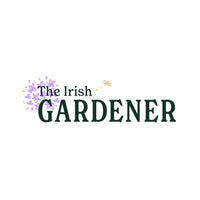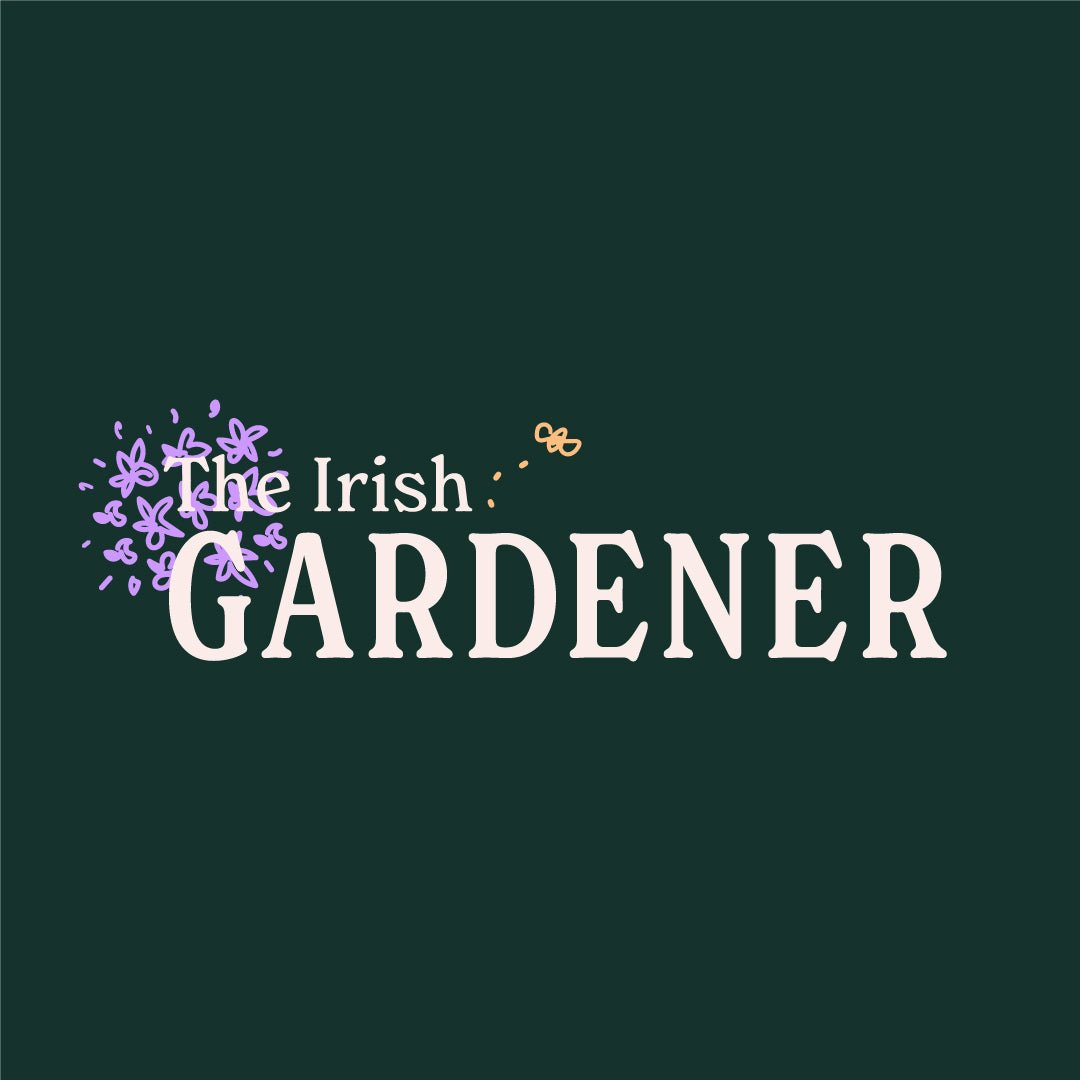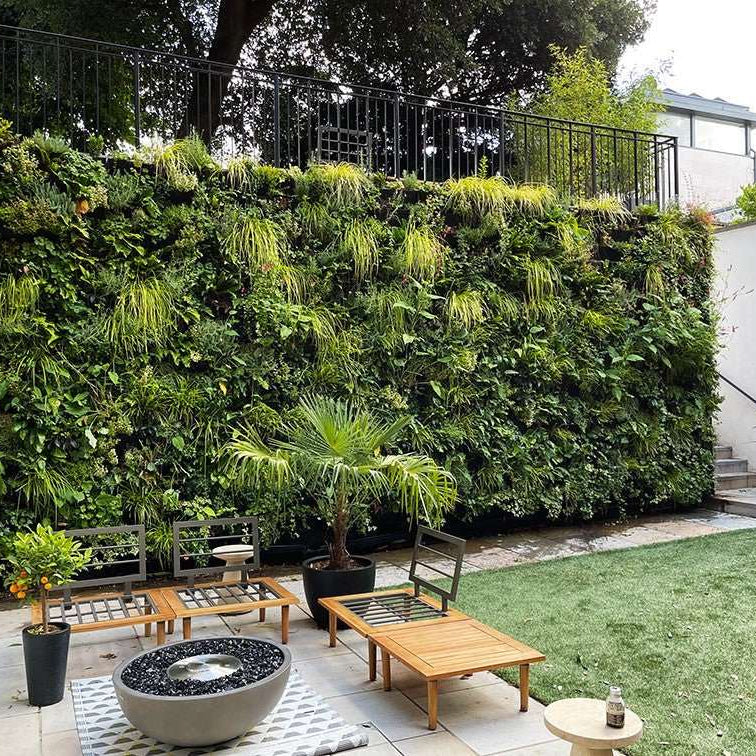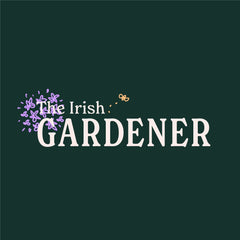Cork is a brilliant city, but like many small European cities, it’s searching for a new reason to exist beyond retail and commuting. In this episode, Peter makes the case for urban greening, more parks, trees, green walls, and roof gardens, as essential city infrastructure, not a “nice-to-have.”
Why green space isn’t a luxury, it’s essential
-
Well-being & health: Disconnection from nature correlates with loneliness, addiction, stress and mental-health issues. Bringing greenery back into daily life, trees on streets, pocket parks, roof gardens, is preventive care for the whole city.
-
A city worth living in: Cities can’t compete with suburban retail or online convenience. They win by being wonderful places to live: green, sociable, safe, and beautiful.
-
Tourism with purpose: Visitors come to Ireland for landscape and gardens. A greener Cork keeps people in the city centre longer, but even before tourism, greening is about quality of life for residents.
“Green space should not sit in the ‘if there’s money left’ column.
It belongs in the first column of every development: Where is the park? Where are the trees?”
Ireland is behind—time to catch up
Peter’s blunt assessment: Ireland still debates a single tree in a footpath while other cities have moved on to green walls, biosolar roofs, storm-water planting, and micro-parks on every block. The mindset is changing, but too slowly.
What progress looks like:
-
Treat parks and planting as critical infrastructure (like pipes and pavements).
-
Design pocket parks that feel a world away from traffic, think of the calm inside Stephen’s Green.
-
Make living in the city attractive again: green streets, safe squares, year-round planting for colour and wildlife.
Safety & anti-social behaviour: don’t use it as an excuse not to green
Yes, some spaces feel unsafe. But that’s an argument for better design, activation and footfall, not for leaving places barren. Greener, busier, better-managed spaces discourage problems and invite families, workers and visitors back in.
Pride in place: maintenance matters
From rough reinstatements after utility works to derelict sites, the everyday fabric of Cork needs attention. Legally-compliant isn’t the benchmark—civic pride is.
-
If a road is dug up, it should be put back properly.
-
If a high-profile site sits idle (e.g., the old tax office/FÁS site), the city should broker a solution: develop it or turn it into a temporary park until plans proceed.
“This is our city. The people deserve better.
Someone needs to take hold of it and lead.”
Quick wins Cork could implement now
-
Pocket parks & parklets on under-used corners and car bays.
-
Street trees with proper soil volumes (not token planting).
-
Green walls on blank façades and roof gardens on flat roofs.
-
Biodiverse planting that looks good year-round and supports pollinators.
-
Adopt-a-bed partnerships with local businesses/residents for upkeep.
-
Temporary “meanwhile” parks on stalled or vacant sites.
Final word
Cities that thrive are the ones people love to live in.
Cork can absolutely be one of them, if we budget for green first, maintain with pride, and lead decisively on derelict and under-performing spaces.







